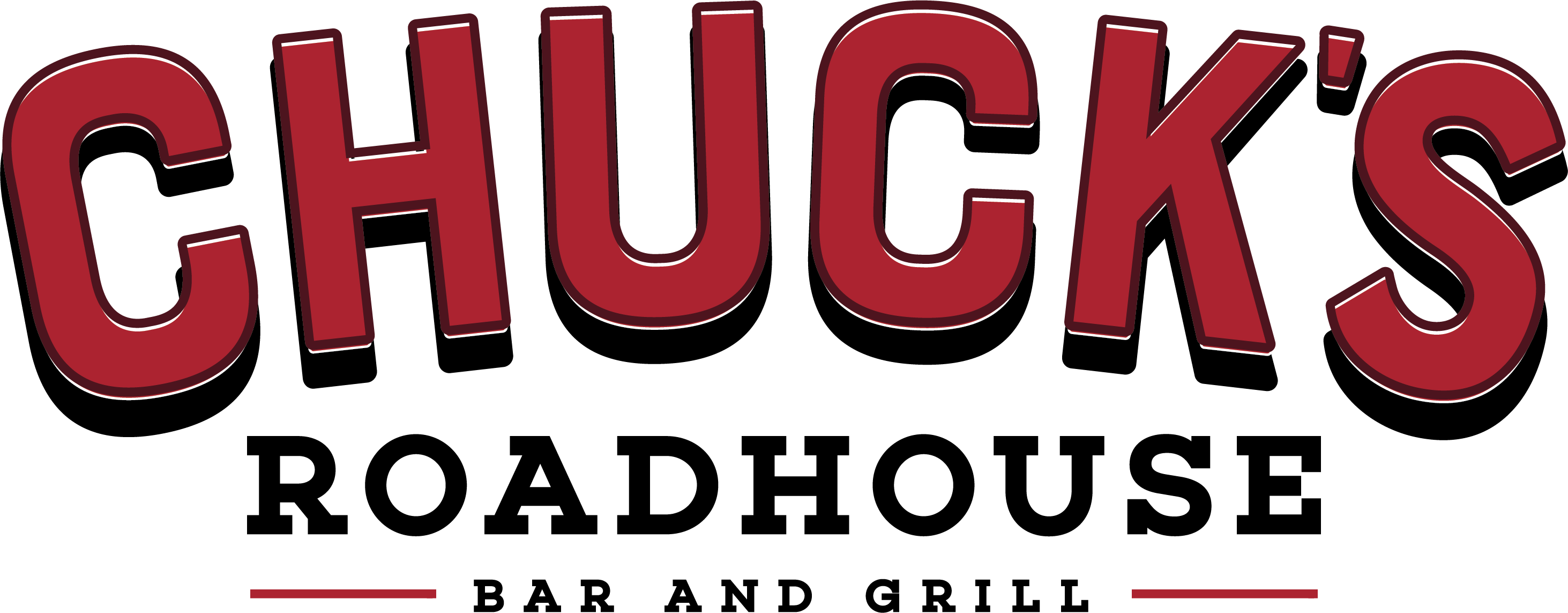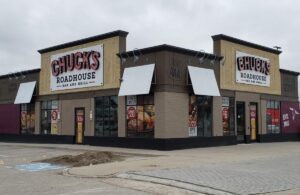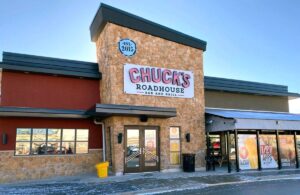It’s pretty cool to own a franchise of your favorite restaurant in the town. You can use their name, recipes, and business model to gain potential customers without restrictions. Also, the franchises report high success rates due to the established brand awareness.
But how does a restaurant franchise work, really? Don’t worry – we’ve got you covered. Here’s how:
- Prepare the Franchise Disclosure Document
- Support and training for franchise setup
- Franchise operations manual development
- Franchise management while working
- Marketing strategies for franchise growth
If you want to experience the power of restaurant franchising, you can buy a franchise from an established brand like Chuck’s Roadhouse Bar and Grill. We support our franchisees with proper operating systems and proven marketing strategies.
What Is A Restaurant Franchise?
A restaurant franchise is based on a turnkey restaurant concept. Under specific rules and business arrangements, a franchisor grants the franchisee the right to use its business model, brand name, and trademark.
Moreover, this concept allows business-minded people or investors to kickstart their businesses with the support and recognition of an established brand.
How Does A Restaurant Franchise Work?
Understanding how a restaurant franchise works is essential to achieving maximum potential and keeping everything smooth. Here are some points that showcase a clear picture of the franchise’s working process.
1. Preparation of Franchise Disclosure Document
The first step in the franchising journey involves preparing the franchise disclosure document (FDD) for legal and regulatory compliance. This document specifies the business relationship between the franchisor and the franchisee. It may also include employment laws and management standards for food and other operations. Both parties may add some other terms and conditions based on requirements.
2. Support and Training for Franchise Setup
Selecting a valuable location is necessary for restaurant franchise success. A franchisee can get assistance from the franchisor in finding a suitable site that promises good foot traffic, better demographics, and less competition.
Moreover, franchisors provide significant training for customer service, food preparation, and handling business operations.
3. Franchise Operations Manual Development
After building the restaurant franchise, it’s time for a franchisee to develop an operations manual, including all aspects of franchise restaurant working. That document would include these things:
- Brand identity, vision, and mission
- Recipes and preparation methods
- Staff training and support information
- Performance milestones and targets
- Policies, terms, and procedures
- Requirements and operating systems
Whenever the changes are made, all the franchisees should get the latest document.
4. Franchise Management While Working
When the restaurant franchise starts running, the franchisees have to focus on all the daily operations, such as customer service, staff and inventory management, and food preparation. Moreover, they need to consider the operations that adhere to the guidelines and standards set by the main restaurant.
5. Marketing Strategies for Franchise Growth
Franchise restaurants can benefit from the national or regional marketing campaigns organized by the franchisor. These marketing strategies help to attract high customer traffic to all individual franchises. The restaurant’s native marketing efforts get a pretty decent response.
Moreover, franchisees can engage in local marketing campaigns or promotions to recognize their restaurant franchise within the local community.
Franchise Restaurant vs. Independent Restaurant: Which is Better?
Starting an independent restaurant requires you to focus on many things. You have to struggle for brand recognition, marketing, and operational management. Meanwhile, franchise restaurants help you enjoy next-level marketing strategies, established brand recognition, and a proven business model with reduced risks. Therefore, a franchise restaurant is better than an independent restaurant in terms of management and profitable perks.
What makes a restaurant a franchise?
A restaurant turns into a franchise when an investor purchases the rights to use the branding, restaurant’s name, and trademark of another restaurant. Franchises work independently but with the same business model suggested by the restaurant owner.
What are the primary benefits of owning a restaurant franchise?
There are dozens of primary benefits of owing a restaurant franchise. Here are some of the prominent ones.
- High brand recognition
- Solid marketing support
- Proper training plans
- Super business strategies
- Seamless management
- Reduced risks
- No experience required
Over time, you can experience many other profitable ventures by having a restaurant franchise.
Can anyone open a restaurant franchise?
Yes, restaurant owners offer a wide range of opportunities to individuals who want to open a restaurant franchise. However, they usually have certain requirements for franchisees, such as management skills and financial stability to run the business smoothly.
Final Thoughts
Owning a restaurant franchise is always beneficial because you can get an opportunity to use the name and business model of an established restaurant. Moreover, you can enjoy high brand awareness, strong marketing strategies, and better operational management.
However, you need to understand the working process of a restaurant franchise. For this purpose, the above article provides insights from the preparation of a franchise disclosure document to training from the franchisor, and franchise manual creation to solid marketing strategies.
All these aspects showcase the benefits of purchasing franchise. In order to find a reliable restaurant franchise, you can connect with Chuck’s Roadhouse Bar and Grill. We provide complete support and training to buy our profitable franchise.




